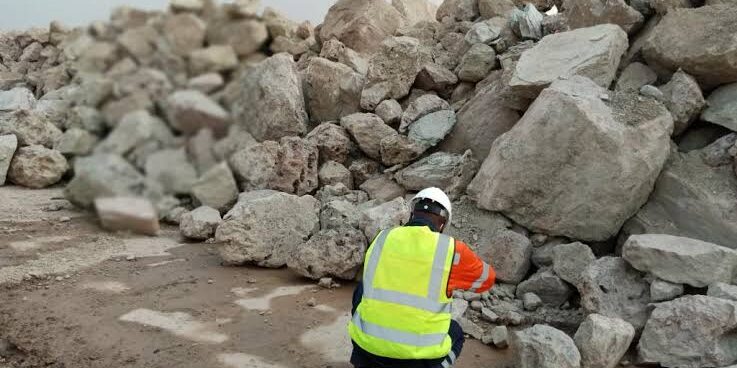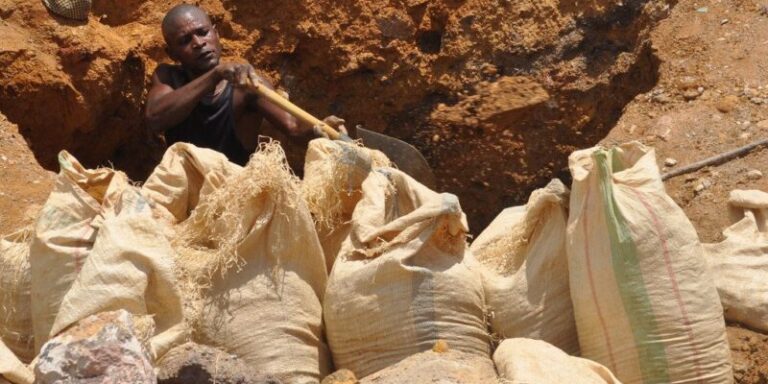
Namibia’s Government has taken decisive action by ordering the police to intercept and halt Xinfeng Investments’ transportation and export of lithium ore within the country.
The Chinese mining company stands accused of violating Namibia’s ban on critical raw mineral exports.
Namibia’s Mining Commissioner, Isabella Chirchir, issued a letter on October 19, as revealed by Reuters, instructing the country’s Police Chief, Joseph Shikongo, to prevent any trucks carrying raw lithium ore from Xinfeng’s Kohero mine, located approximately 250 km northwest of Windhoek.
Chirchir explicitly stated that Xinfeng is prohibited from removing any materials from their mine, whether within Namibia or beyond its borders.
Additionally, she directed that all trucks transporting lithium ore to Walvis Bay, Namibia’s primary port, should be stopped and sent back to the mine. Xinfeng officials were not immediately available for comment.
In June, Namibia instituted a ban on the export of unprocessed lithium and other critical minerals, aiming to promote local processing and capitalize on the growing global demand for metals utilized in clean energy technologies.
Namibia boasts substantial lithium deposits, which are essential for renewable energy storage, as well as rare earth minerals like dysprosium and terbium, vital for permanent magnets used in electric car batteries and wind turbines.
This move isn’t the first time Xinfeng has clashed with Namibian authorities. In October of the previous year, the Namibian government prohibited the company from exporting lithium ore to China, citing irregular shipments.
Xinfeng contested these allegations, asserting that it had shipped 75,000 metric tons of lithium ore to its Chinese headquarters for testing to develop a lithium processing plant in Namibia.
Namibia’s Mines Minister, Tom Alweendo, revoked Xinfeng’s mining license in April and mandated the cessation of operations by May 31, alleging that the company had been irregularly licensed.
Xinfeng successfully challenged this decision in Namibia’s High Court, where a judge ruled that the Mines Minister lacked the authority to cancel the license and should have followed legal procedures to revoke it.





